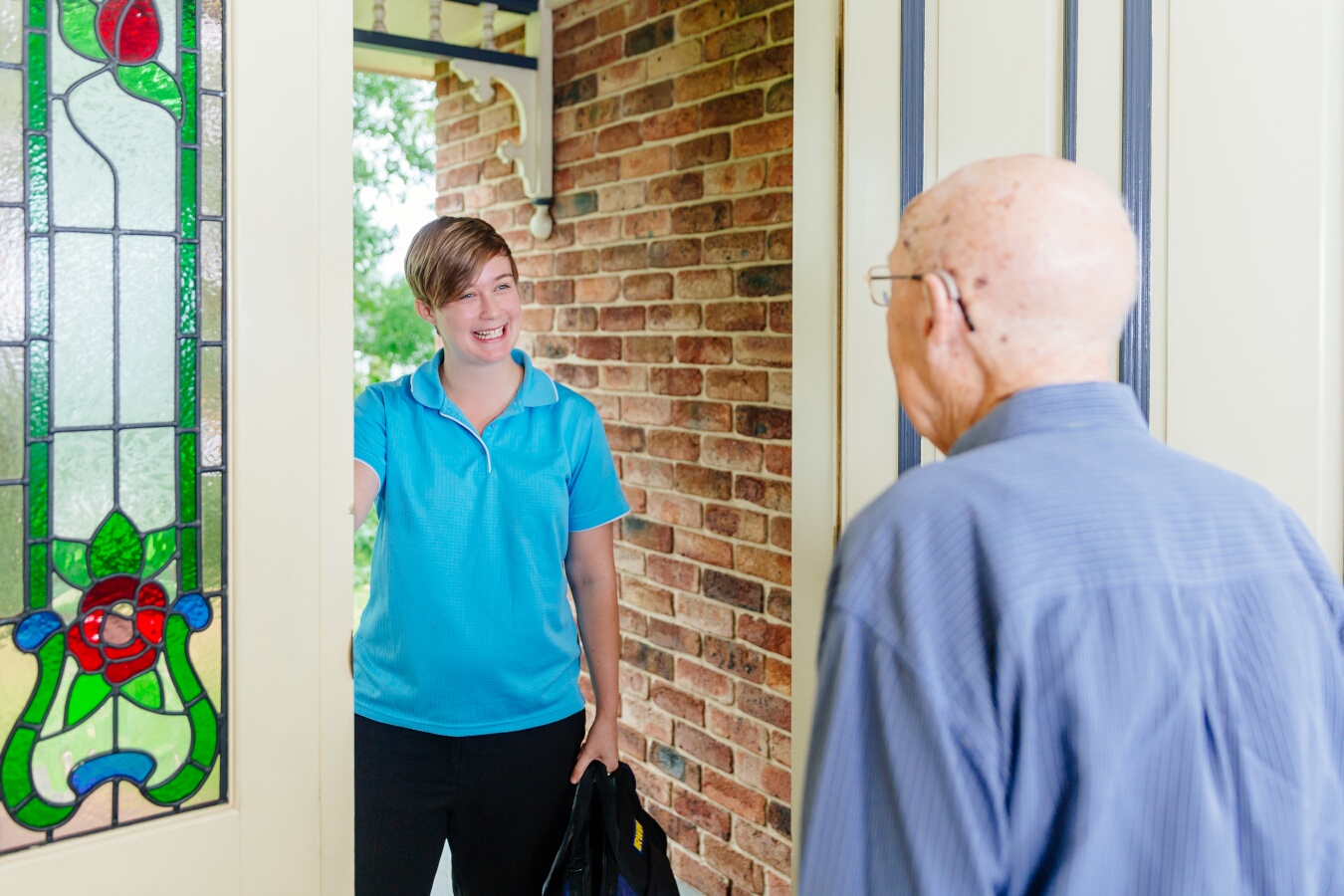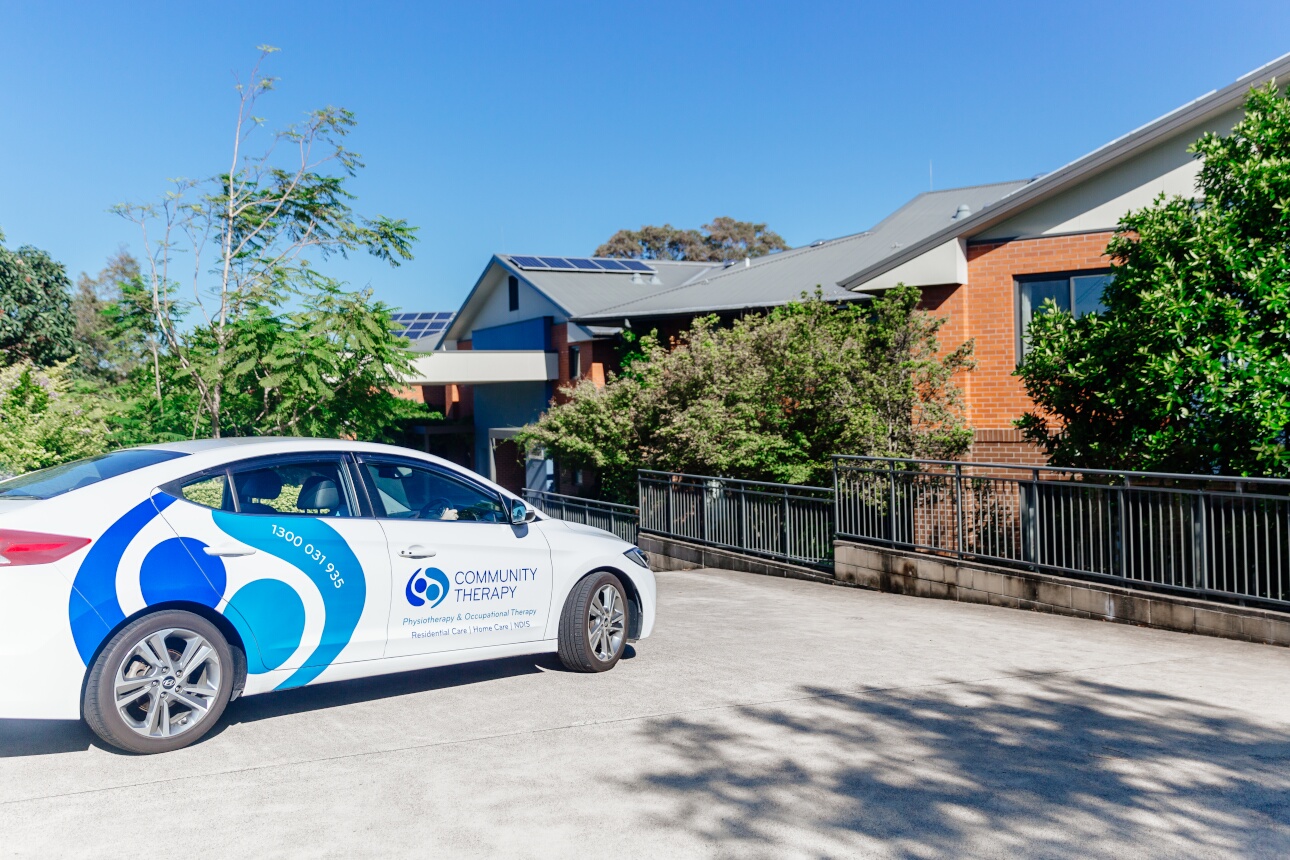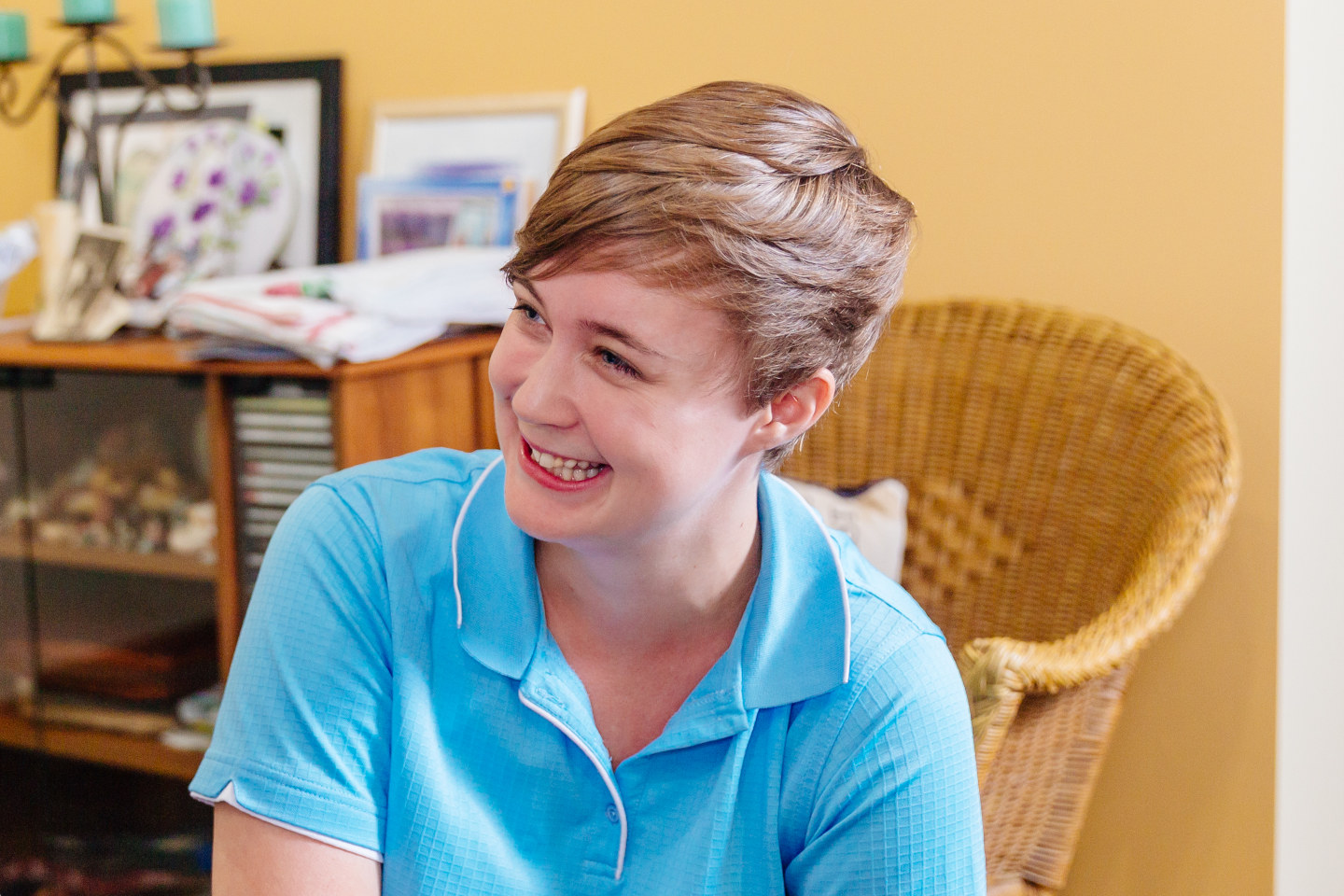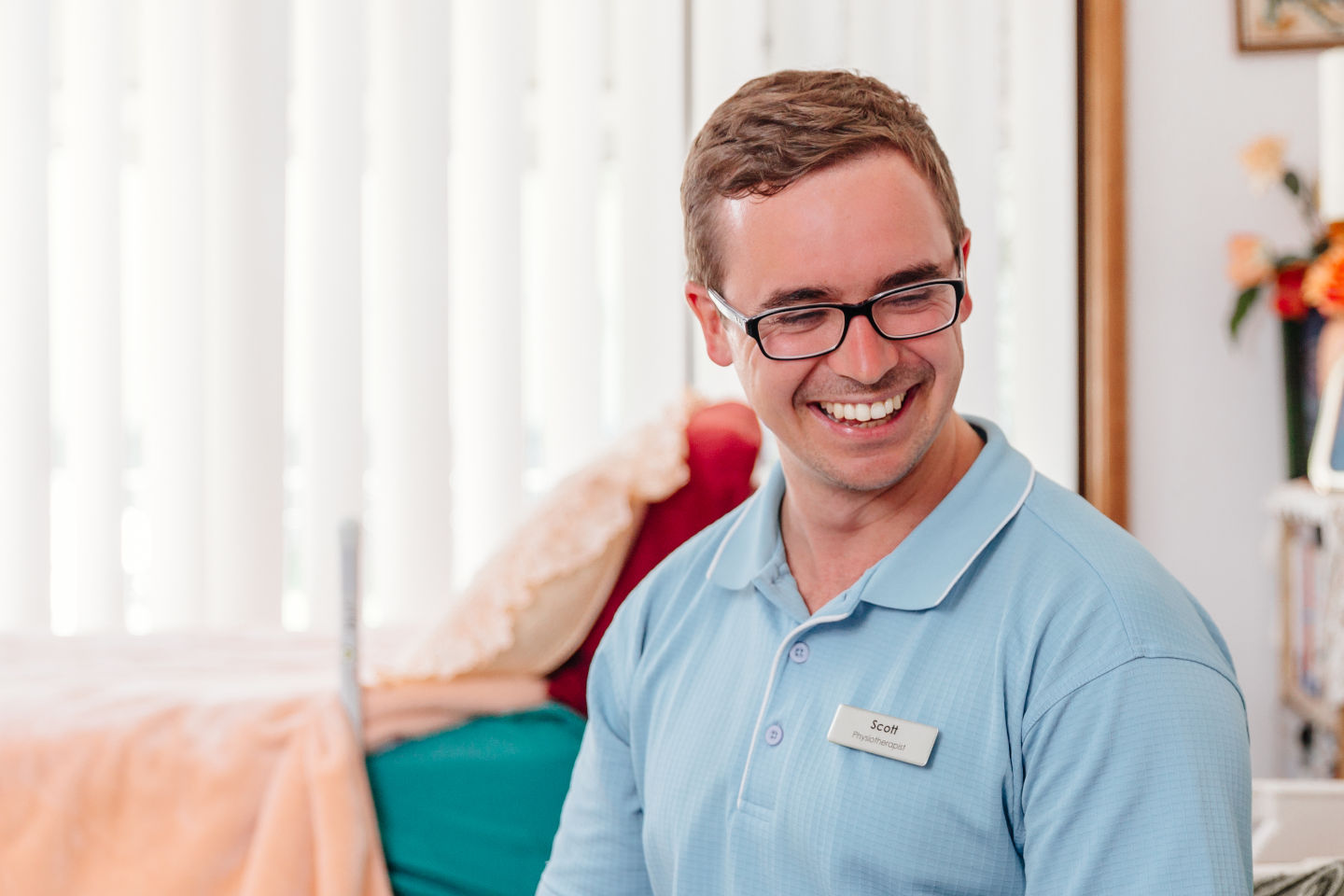Therapy Assistant Services
Our Therapy Assistants support people living with disabilities and older adults in their homes.
We are a local company, providing mobile allied health services across Lake Macquarie, Newcastle, Maitland/Hunter, Port Stephens & Central Coast.
Our Therapy Assistants work alongside our Physiotherapists, Occupational Therapists, Speech Pathologists and Dietitians to support people with their therapy goals.
We partner with aged care providers and work alongside NDIS providers.
We are a NDIS registered provider and were certified by SAI Global.
Mobile throughout Newcastle, Central Coast & Hunter
What Our Therapy Assistants Do
Therapy Assistants, also known as Allied Health Assistants, are healthcare professionals that hold a Certificate III or IV in Allied Health Assistance or are undergraduate Allied Health Professionals employed as an Allied Health Assistant.
Our Therapy Assistants work alongside your Allied Health Professionals (such as Physiotherapists, Occupational Therapists, Speech Pathologists or Dietitians) to support you with your therapy program as you work towards your meaningful goals.
Our Therapy Assistant program can offer great value in supporting your therapy and rehabilitation goals with more regular therapy sessions than available with an Allied Health Professional alone.

How It Works
Our Therapy Assistant program is based on our Allied Health Assistance Framework which provides our team with procedures on how to design, implement and monitor an effective and safe Therapy Assistant program.
The following is a short summary of some of the key steps in our Therapy Assistant program:
- Your Allied Health Professional will create your therapy program after your initial assessment and then discuss this with your Allied Health Assistant.
- Your Allied Health Assistant will call you to schedule your therapy sessions.
- Your Allied Health Assistant will document the progress of your therapy sessions and communicate with you Allied Health Professional as required.
- Your Allied Health Professional will review you at least every 3 months to ensure your safety, review your progress and make any necessary changes to your program.

Measuring the Effectiveness of a Therapy Assistant Program
Our Allied Health professionals will always utilise evidence-based outcome measures to ensure that they know what your baseline, or starting point, is. This is critical when it comes to measuring change over time and thus demonstrating improvement or progress towards your meaningful goals.
An example of an outcome measure that we frequently use is the Berg Balance Scale (BBS). The BBS is a 14-item objective measure of balance in adults. It is a well-researched and quantifiable way of determining the level of someone’s balance, and also of identifying where deficits in their balance exist. As such, it enables comparative scores across time, which in turn enables us to establish whether a program that someone is undertaking is effective.




